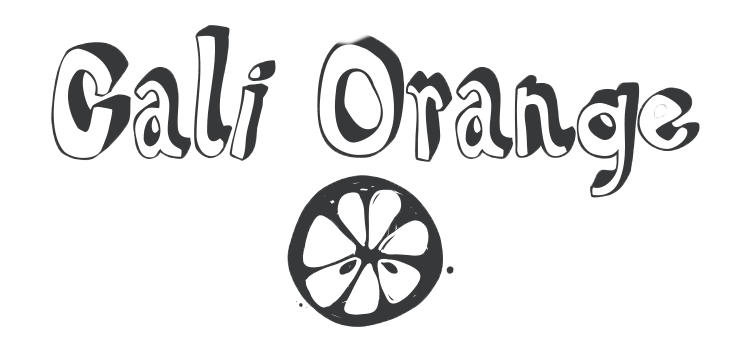Understanding the Significance of the National Day for Truth and Reconciliation
The National Day for Truth and Reconciliation, observed on September 30th in Canada, holds profound historical and cultural significance. Established in response to the Truth and Reconciliation Commission’s Calls to Action, this day is dedicated to honoring Indigenous heritage, recognizing the painful legacy of residential schools, and fostering a deeper understanding of Indigenous histories and cultures.
The origins of this day are deeply intertwined with the Truth and Reconciliation Commission (TRC), which was established to address the long-standing impacts of the residential school system on Indigenous communities. For over a century, these schools were part of a government policy aimed at assimilating Indigenous children into Euro-Canadian culture, often through coercive and abusive means. This dark chapter in Canadian history left a legacy of trauma that reverberates through generations of Indigenous families and communities.
The TRC’s Calls to Action, released in 2015, included a specific call for the establishment of a national day to honor survivors, their families, and communities. The National Day for Truth and Reconciliation is a direct response to this call, providing a platform for public commemoration and education. It is a day to acknowledge the suffering endured by Indigenous peoples, understand the ongoing impacts of colonialism, and commit to a collective journey toward healing and reconciliation.
Residential schools have left an indelible mark on Indigenous communities, causing intergenerational trauma that affects social, economic, and cultural well-being. Acknowledging this trauma is a crucial step in addressing past injustices and fostering a path forward. The National Day for Truth and Reconciliation serves as a reminder of the resilience and strength of Indigenous peoples, highlighting their rich cultural heritage and contributions to Canadian society.
This day also underscores the importance of education in building nationwide awareness and understanding. By learning about Indigenous histories, cultures, and perspectives, Canadians can develop a more inclusive and respectful society. The ongoing efforts to address the harms of the past, through initiatives like the TRC’s Calls to Action, are vital in moving toward a future grounded in truth, justice, and reconciliation.
Ways to Participate and Support Truth and Reconciliation Efforts
Engaging in the National Day for Truth and Reconciliation is a meaningful way to honor Indigenous heritage and support reconciliation efforts. One of the most visible ways to participate is by wearing an orange shirt, symbolizing solidarity and remembrance of the children who attended residential schools. Local events, such as ceremonies, workshops, and community gatherings, provide opportunities to connect with others and learn about Indigenous cultures and histories.
Education is a cornerstone of reconciliation. Taking the time to educate oneself about Indigenous issues, history, and culture is crucial. This can include reading books by Indigenous authors, watching documentaries that explore Indigenous experiences, and visiting websites dedicated to Indigenous history and culture. Engaging with this material helps to foster a deeper understanding and appreciation of the rich and diverse contributions of Indigenous peoples to society.
Listening to and amplifying Indigenous voices is another critical aspect of supporting reconciliation. This involves actively seeking out and sharing content created by Indigenous people, as well as participating in discussions and forums where Indigenous perspectives are highlighted. By doing so, we can help to ensure that Indigenous voices are heard and respected in broader societal conversations.
Supporting Indigenous-led initiatives is also essential. This can be done by donating to organizations that work towards Indigenous rights and welfare, volunteering with groups that promote Indigenous causes, or supporting Indigenous businesses and artists. Such actions contribute to the economic and social empowerment of Indigenous communities.
Advocating for policy changes that promote equity and justice is another vital way to support truth and reconciliation efforts. This may involve engaging with local, regional, and national government representatives to push for policies that address historical and ongoing injustices faced by Indigenous peoples. Policy advocacy can lead to structural changes that support long-term reconciliation and justice.
For those seeking further resources, there are numerous books, documentaries, and websites available. Some recommended books include “The Inconvenient Indian” by Thomas King and “21 Things You May Not Know About the Indian Act” by Bob Joseph. Documentaries like “We Were Children” and websites such as the National Centre for Truth and Reconciliation offer valuable insights and information.
By taking these actions, individuals and communities can contribute meaningfully to the ongoing efforts of truth and reconciliation, helping to create a more equitable and just society for all.







































